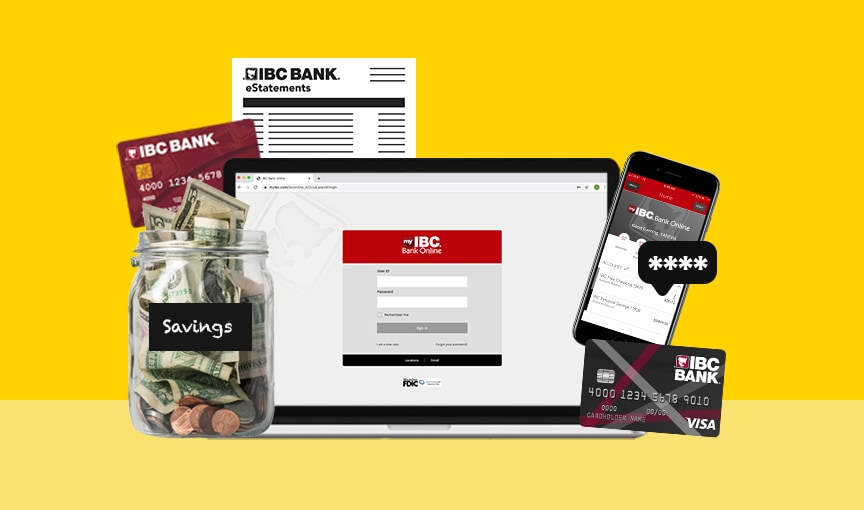Newsroom
5 Tips to Get Financially Organized for this Fall Season

During this pandemic, you've been spending most of your time at home - cleaning, sorting and tidying up around the house. But having a truly clean house means going beyond the surface clutter. It means closing out the unfinished paperwork, crossing items off the to-do list, making the hard decisions and setting priorities. Not surprisingly, many of those tasks involve personal finance.
We have developed five tips you can use to get yourself financially organized for this upcoming fall season:
Review your budget. A lot has changed this year and will keep changing for the next couple of months. If you've been affected by the pandemic, furloughed or laid off from your job, had a child, or simply became a new homeowner or renter, be sure to update your budget. Determine what expenses demand the most money and identify areas where you can realistically cut back. Develop a strategy for spending and saving - and stick to it.
Evaluate and pay down debt. Take a look at how much you owe and what you are paying in interest. Begin paying off existing debt, whether that's by chipping away at loans with the highest interest rates or eliminating smaller debt first.
Set up automatic bill pay. By paying recurring bills automatically on the same day each month, you'll never have to worry about a missed payment impacting your credit score. Plan out your automatic payments to ensure your checking account has an adequate amount of funds when the payments are scheduled to be withdrawn.
Go digital. Converting to paperless eStatements will help keep your house—physical and financial—cleaner and more organized and will help protect you from fraud. Utilize your IBC Bank mobile app to check your balance, pay your bills, transfer funds, deposit a check and send money to friends from wherever you are.
Check your credit report. Every year, you are guaranteed one free credit report from each of the three credit bureaus. Take advantage of these free reports and check them for any possible errors. Mistakes can drag down your score and prevent you from getting a loan or cause you to pay a higher than necessary interest rate.
Sources ABA Journal



